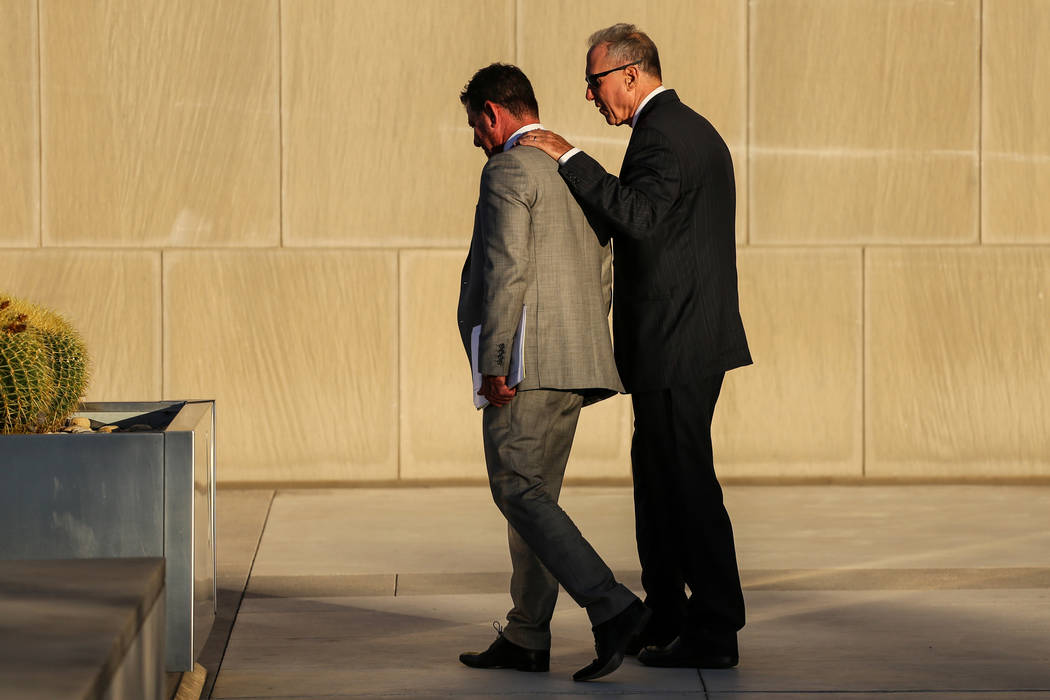


The provincial and national breakdown for 2019 is as follows: “A decline in poaching for five consecutive years is a reflection of the diligent work of the men and women who put their lives on the line daily to combat rhino poaching, often coming into direct contact with ruthless poachers,” said the Minister.ĭespite the two thousand and fourteen incursions and poacher activities recorded in the Park during the year, a total of 327 rhino were lost as a result of poaching in the Kruger National Park during 2019.

This decline can be attributed to a combination of measures implemented in line with government’s strategy, including improved capabilities to react to poaching incidents linked to better situational awareness and deployment of technology improved information collection and sharing amongst law enforcement authorities better regional and national cooperation and more meaningful involvement of the private sector, NGOs and donors. During 2019, rhino poaching continued to decline, with 594 rhino poached nationally during the year. In 2018, 769 rhino were killed for their horn in South Africa. The Minister has also paid tribute to rangers who battle poaching in the conservation areas on a daily basis.

“Because wildlife trafficking constitutes a highly sophisticated form of serious transnational organised crime that threatens national security, the aim is to establish an integrated strategic framework for an intelligence-led, well-resourced, multidisciplinary and consolidated law enforcement approach to focus and direct law enforcement’s ability supported by the whole of government and society,” said Minister Creecy. It aims to strengthen the law enforcement aspects of the successful multi-disciplinary approach – the Integrated Strategic Management of Rhinoceros – and broadens the scope to combat other wildlife trafficking, not only rhino poaching. The NISCWT was a recommendation of the Committee of Inquiry into whether South Africa should table a recommendation for the legal trade, or not, of rhino horn to the 17 th Conference of Parties to the Convention on the Illegal Trade in Wild Fauna and Flora in 2016. The Minister of Environment, Forestry and Fisheries, Ms Barbara Creecy, says the steps to address rhino poaching and wildlife crime across the country are presently aligned to the Integrated Strategic Management of Rhinoceros as well as the principles set out in the draft National Integrated Strategy to Combat Wildlife Trafficking (NISCWT), which will be taken to Cabinet for consideration in the first half of this year. Rhino poaching in South Africa continues to decline as additional steps are taken by government to ensure the crime is effectively dealt with.


 0 kommentar(er)
0 kommentar(er)
